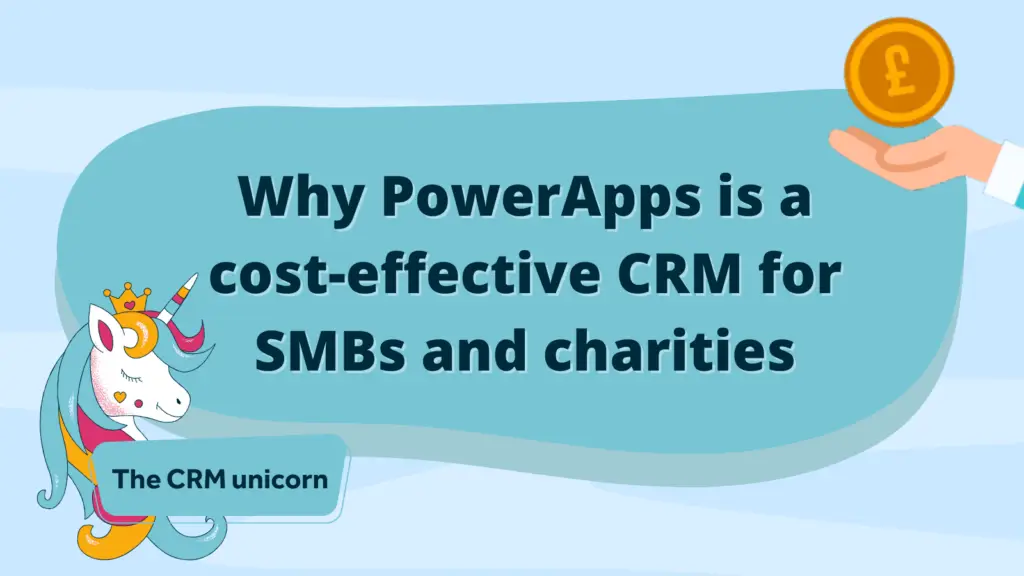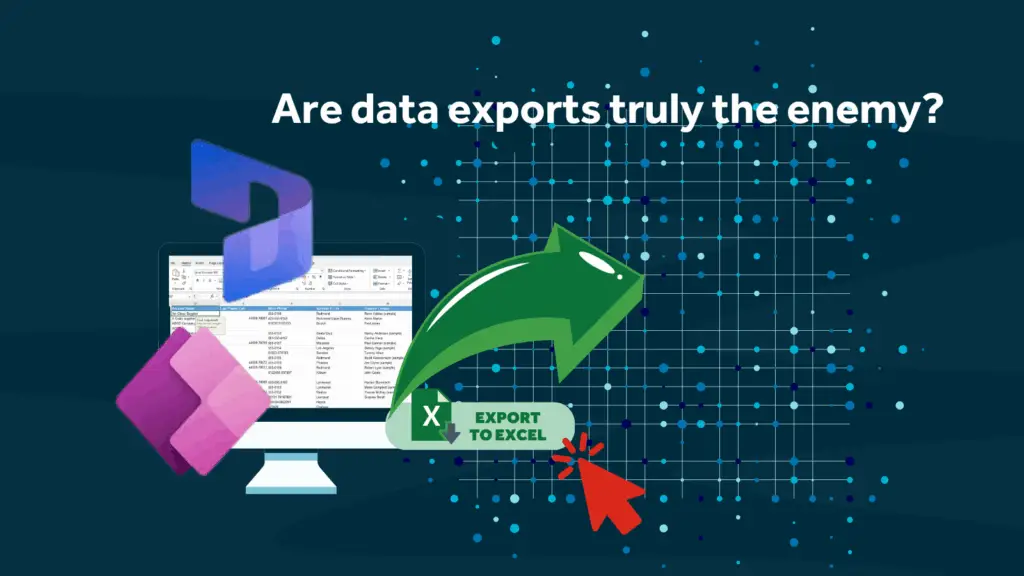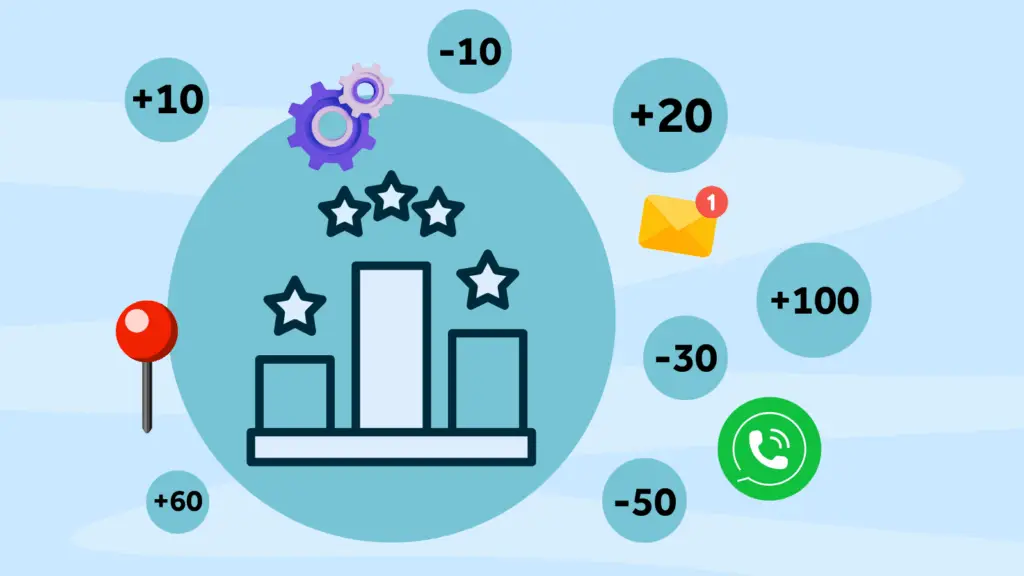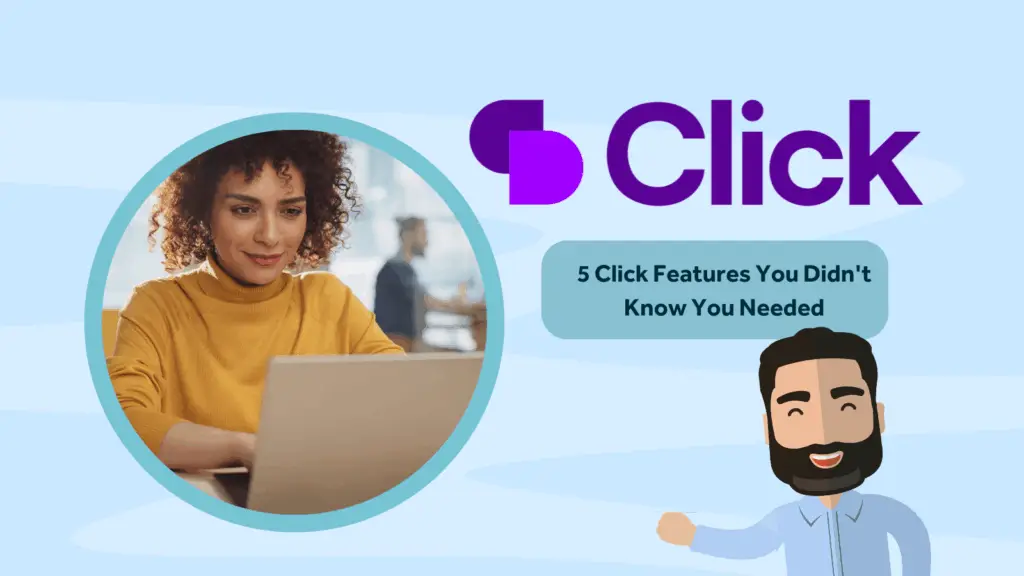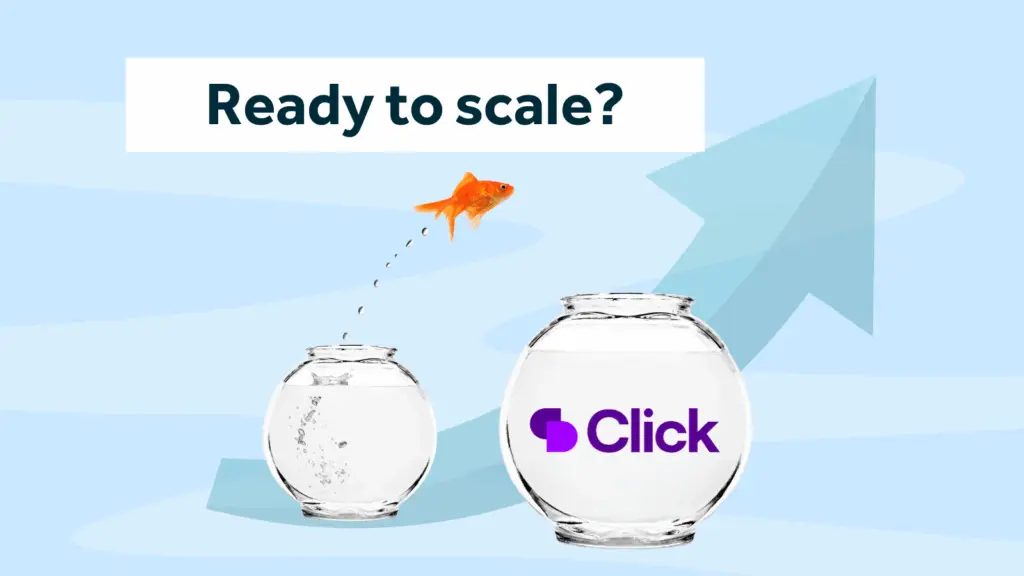The challenge of finding the right CRM for smaller organisations
If we were playing a word association game and threw in the word “CRM”, you may enthusiastically reply with the most obvious options; “HubSpot”, “Salesforce”, “Dynamics 365“, or even “Monday.com”. We’re going to hazard a guess that PowerApps CRM won’t be front of mind. And whilst there’s no wrong answer for our little game, when it comes to the serious matter of selecting a CRM for your organisation’s needs, which you would choose would depend entirely on your unique needs.
Your budget, the features you want, the freedom to customise, how adaptable it is for your needs, how quick and easy it is to get up and running, and, of course, making sure it’s a breeze to use – these are probably the most significant things on your mind. Other unpredictable things may need to be factored in, too. All of which makes for a heightened level of risk that must be carefully managed.
Consider also that implementing even the simplest of CRMs can be a sizeable monetary investment, which most can’t afford to mess up. That’s why, for many organisations, having a CRM project guide or a specialist who can offer guidance can help them on their CRM journey.
So, it’s easy to see why it can be incredibly challenging for smaller organisations, particularly those making the leap from spreadsheets to their first true CRM.
As a small business, you want to find an effective way of narrowing down your options to get a product that fits your needs.
Off-the-shelf solutions
For smaller organisations, start-ups, and smaller SMBs and charities, the most natural leaning will be towards simple, quick launch plug-and-play options, and to be fair, there’s a whole bunch of these off-the-shelf products that promise rapid implementation, low costs and flashy functionality. CRM solutions such as Zoho and HubSpot instantly come to mind.
These are undoubtedly superb products and mostly deliver on what they promise. You can quickly get set with their plug-and-play design, and they’re also relatively easy and intuitive to use, and they even integrate well with the use of APIs.
To top it off, these off-the-shelf solutions are offered in annual packages with everything from software, hosting and support wrapped into one monthly cost. Convenient and neat as that may be, there are some drawbacks to consider, especially if you’ve got bigger plans.
It can be more costly in the long run should you realise your off-the-shelf solution is no longer fit for purpose and can’t scale as your organisation does.
When out-the-box simply won’t cut it
But what if you’ve explored these out-of-the-box options and they don’t quite cut it. You may assume that building a customised solution will be the more expensive alternative, especially when considering setup and implementation costs. But it’s not necessarily so – custom CRM isn’t the elite option for larger organisations with hefty budgets, either.
It is possible to have the best of both worlds. A slim downed solution made for smaller organisations but with all the customisation essential for now and in the future. It is possible to acquire a CRM that doesn’t hold you back, is cost-effective, and gives you everything you think you need right now without anything you don’t need. You can implement something that is simple to use with powerful features that will facilitate real growth. This CRM unicorn truly does exist!
Leaning towards Dynamics 365 or something similar? PowerApps could be better
Many people leaning towards greater capabilities, flexibility, and customisation may have considered Dynamics 365 as a possible bespoke CRM contender. Again, as previously said, it is often viewed as expensive and overkill. But, many don’t realise that there is a great alternative to Microsoft Dynamics 365 in the guise of Microsoft PowerApps. Now this is the CRM unicorn you’ve been searching for. It truly gives you the best of both worlds.
Whilst Dynamics 365 comes with “pre-baked” features, PowerApps, when built as a CRM solution, can offer a much simpler yet powerful version, which makes it very appealing to smaller organisations.
In our previously written PowerApps article, we used the analogy of Volkswagen versus Skoda to describe the similarities and differences between these two Microsoft products. It’s fundamentally the same product under the hood – but one may have all the bells and whistles (the VW or Dynamics 365), whilst the Skoda (or PowerApps) is the no-frills version.
If you don’t have the funds or need the flashiest VW e-model, that’s just fine. Many other quality options are available for a fraction of the price that will give you the horsepower, quality drive and reassurance you need.
Whatever features you want built into PowerApps depend on the level of effort and sophistication you need from the get-go. Suppose you’re a small business with a limited budget and don’t require fancy AI technology or advanced BI dashboards. In that case, going for the PowerApps CRM is the practical choice for setting up a straightforward sales CRM quickly and affordably.
The benefits of PowerApps as a CRM
Let us explain why we suggest Power Apps to smaller organisations and, quite often, charities to better manage their customer and fundraising data.
Scalability
Many CRM users tend to be frustrated by the lack of scalability of off-the-shelf solutions. Such products may promise flexibility, but you eventually find out they are only flexible to a certain point, unlike with Power Apps, which can be built up, added to and scaled to fit the changing needs of your organisations as you grow. Not only that, the changes can be implemented rapidly- reducing any development time from a partner.
Customisation
With Power Apps, you can create a completely bespoke solution that you won’t get from out-of-the-box alternatives. It’s worth noting, for instance, that none of the Dynamics 365 solutions offers membership solutions, and there are no ways to handle membership renewals. However, you can custom-build these features within PowerApps.
Cost-effectiveness
PowerApps’ pricing is flexible, with plans starting from $20 per month per user or a pay-as-you-go option at $10 per active user per month, making it budget-friendly and suitable for growing SMBs and charities. Not only that, not-for-profits will also benefit from Microsoft’s very generous charity discounts.
While there is a need to consider implementation costs with a PowerApps CRM, the quick deployment of this custom solution still keeps the implementation cost down.
Quick deployment
As Power Apps is a “lightweight” CRM, this means rapid deployment, meaning your organisation can benefit from its great features even quicker. In addition, as it is a Microsoft product, it integrates seamlessly with other products within the Microsoft ecosystem. Making it simple for people to pick up and smoothly move from their Outlook, Teams and Office to their CRM.
It’s intuitive, too and custom-built with your users and processes in mind, meaning your teams will quickly be able to get to grips with it. Again, the sooner you can get it used, the sooner you can reap the rewards of its features and tools.
Data connectors
When it comes to leveraging and integrating data from various sources, Microsoft Power Platform has hundreds of connectors available to connect to API to allow third-party data services to essentially “talk to” the PowerApps solution. Not only do they bring the data over from these sources, but they also add additional functionality to your Power Apps solution.
This is a vital tool for businesses that rely on a wide range of business applications outside of the Microsoft ecosystem and need a holistic approach to data management to gain greater visibility and control over customer data.
To sum up
It may be challenging economic times in 2023. Still, we prove that it’s possible to implement powerful data management solutions for smaller organisations with even the most modest of tech budgets and biggest ambitions, thanks to the scalability and bespoke nature of PowerApps.
Just like the Persil ad says, it’s small but mighty. A PowerApps CRM may be a lightweight option, but it packs a punch, offering boundless opportunities to leverage your customer data and deliver sustainable growth.
ABOUT ROCKET CRM
Rocket CRM is a Microsoft Dynamics 365 and a platinum Click accredited partner, helping small to medium-sized businesses and charities harness the power of scalable CRM technology. Our mission is to make powerful CRM software simple with custom-built, user-focused solutions. And with our podcast RocketPod, our aim is to help businesses get the most from their CRM software and leverage their data.
